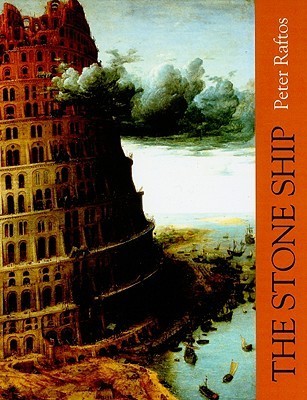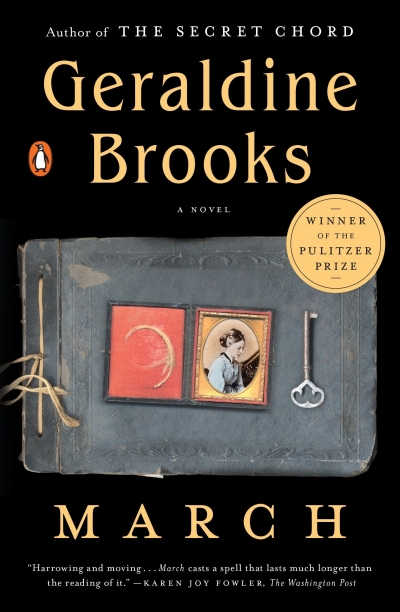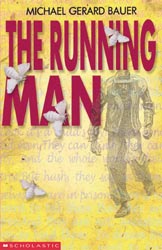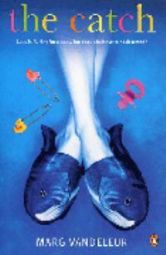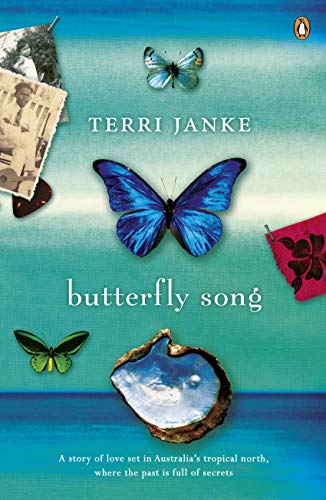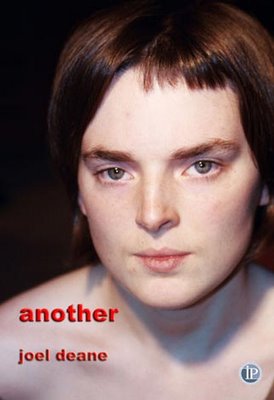Fiction
Early in 1900, bubonic plague travelled by ship to Sydney, then erratically made its way up the coast. Ian Townsend’s accomplished first novel, Affection, traces the arrival of the plague in Townsville during the autumn of 1900. His story is factually based and is particularly concerned with three of the doctors who treated the outbreak: Linford Row, recently settled in the town as its municipal medical officer; long-term resident Ernest Humphry; and the English bacteriologist and butterfly collector Alfred Jefferis Turner. How they cope, not only with horrible and random deaths, but with politics and prejudice in North Queensland, is the dramatic core of the book.
... (read more)The Stone Ship is Peter Raftos’s first book, and one of the first three books released by Sullivan’s Creek, an imprint of Pandanus Books. The Sullivan’s Creek Series ‘seeks to explore Australia through the work of new writers, with a particular encouragement to authors from Canberra and the region’ and ‘aims to make a lively contribution to scholarship and cultural knowledge’. Raftos, ‘a web developer, an academic-in-training and a journalist’, lives in Canberra and works at the Australian National University. His novel, set in an imagined time and place, doesn’t so much explore Australian universities as the absurdity of all universities. As for ‘a lively contribution to cultural knowledge’, I’m not sure what that looks like, but The Stone Ship reminded me of Terry Gilliam’s wonderful film Brazil (1985). Both are set in a ‘retro-future’ ruled by huge, incomprehensible bureaucracies, whose only work seems to be perpetuating their systems and inflicting arbitrary cruelties on unsuspecting and trusting citizens.
... (read more)The Marsh Birds, by Eva Sallis, is a bleak but poignant account of one boy’s consuming loss and bewilderment as war and internal political tension separate him from his family, his home and his country. It is the story of parallel journeys in the life of Dhurgham Mohammad As-Samarra’i as he grows to manhood in an unforgiving world and searches for love and acceptance. Throughout this pilgrimage, Sallis examines concepts of anguish and hopelessness, social hostility and exclusion, fear of difference and the collision of cultures. In the tradition of Sallis’s City of Sea Lions (2002) and Mahjar (2003), themes of self-discovery, escape, constraint, and the obstacles to freedom and solace in other societies are revisited.
... (read more)Spacious and solidly constructed, the classic nineteenth-century novel invites revisiting. Later writers reconfigure its well-known spaces, change the lighting, summon marginal figures to the centre. Most memorable, perhaps, is Jean Rhys’s Wide Sargasso Sea (1966), in which the first Mrs Rochester ...
... (read more)At the start, Catherine Jinks’s teen novel Evil Genius resembles a local edition of ‘cult’ blockbuster phenomena such as Harry Potter and Buffy, the Vampire Slayer – wish-fulfilment fantasies about misfits initiated into a hidden élite. On page one, we are introduced to Jinks’s protagonist, Cadel (Welsh for ‘battle’), a brilliant but barely socialised young boy obsessed with computers. His adoptive parents are named Stuart and Lanna Piggott, which should tell you all you need to know. Aged eight, this outwardly placid but potentially vengeful nerd learns from his psychologist mentor that his true father is a mad scientist named Phineas Darkkon, who has made millions through scams such as a line of shonky vending machines, and who subsequently bankrolls a secret University of Evil located in central Sydney, where, a few years later, Cadel precociously winds up. Among the subjects on offer are Basic Lying, Forgery, Assassination and Guerrilla Skills; the other students include a Goth chemist who is trying to turn himself into a vampire, and a pair of bitchy, telepathic twins.
... (read more)The Running Man by Michael Gerard Butler & By The River by Steven Herrick
Dreams of leaving can be a powerful force in the lives of young people. These four novels are each touched by the desire for other places. The idea that a more authentic self lurks beyond our familiar zones shapes these books, three of which are written by Australians, and one by an American writer who spends half his time in Australia and half in New York.
... (read more)The beauty of ‘chick lit’ is the discussion of sometimes quite painful, but always familiar scenarios surrounding love, life and happiness, in an open and self-deprecating way. Apparently, it doesn’t pay to take yourself too seriously when it comes to matters of the heart, and rightly so – why weep when you can have a good laugh? In The Catch, Marg Vandeleur’s first novel, the search for happiness is complicated by the plight of the woman whose sudden desire for a child is thwarted by a clutch of eggs past their prime and nary a bloke in sight. Social commentators, researchers, religious leaders and feminists have all put their oar in over the last year or so on this topic. Now it’s time for ‘chick lit’ to have its say.
... (read more)If you are regretting the passage of another summer and feeling nostalgic about the lost freedoms of youth, Sonya Hartnett’s latest novel, Surrender, may serve as a useful tonic. In Hartnett’s world, children possess little and control less, dependent as they are on adults and on their own capacity to manipulate, or charm ...
... (read more)From the first paragraph, Terri Janke’s Butterfly Song makes its intentions clear: this is a novel about the love of the land and the palpable connection to the ancestral home. ‘They say if you live on an island for too long, you merge with it. Your bones become the sands, your blood the ocean. Your flesh is the fertile ground. Your heart becomes the stories, dances, songs. The island is part of your makeup …’ This is why Tarena Shaw feels an odd sense of belonging when she first steps foot on Thursday Island, her grandparents’ birthplace. Though she has never been there before, the memories and myths that have been passed down the family tree have guaranteed a spiritual bond between the black-suited city slicker and the tropical island with water like a ‘living gemstone’.
... (read more)These first novels by Joel Deane, the Victorian premier’s speechwriter, and Merle Thornton, a former academic who famously chained herself to a male-only bar in Brisbane, focus on radically different social groups. Deane’s Another is about two unemployed adolescents living in an outer Melbourne suburb bypassed by a freeway where the local McDonalds is the town’s nucleus. In After Moonlight, Thornton presents a bookstore-browsing, duck-eating, macchiato-sipping, Carltonish academic. (The novel is replete with such portmanteaux.) That both novels are set in the same city is a shock. Another commonality, more poignant, is a concern with the personal and the enduring effects of tragic pasts.
... (read more)


